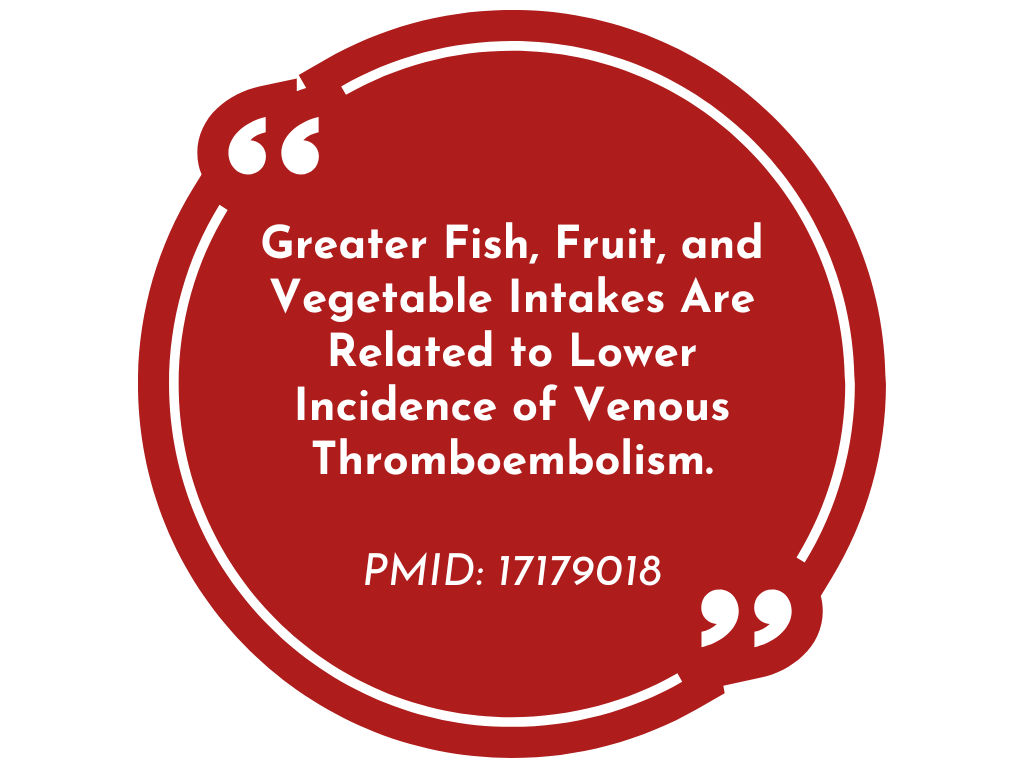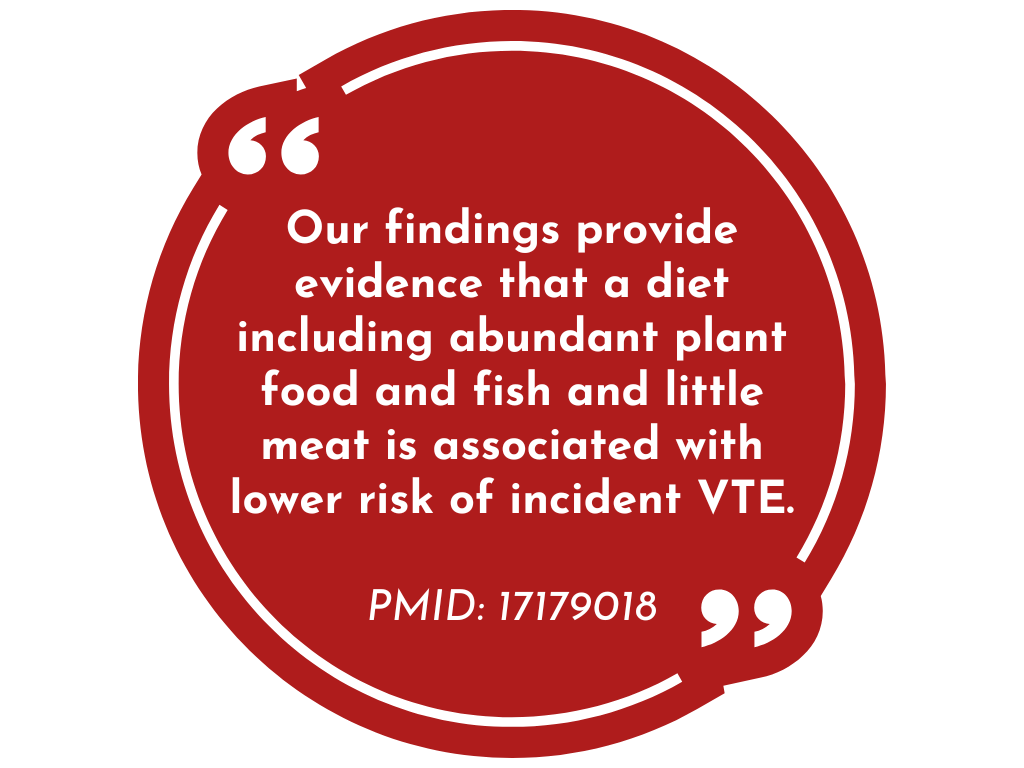Privacy and Affiliate Policy
Privacy Policy – Speaking of Blood Clots
Privacy Policy
Effective Date: February 20, 2025
Speaking of Blood Clots (“we,” “us,” or “our”) is committed to protecting the privacy of our website visitors and users (“you”). This Privacy Policy describes how we collect, use, and share personal information when you visit and interact with our website, [your website address] (the “Site”), and our related services.
1. Information We Collect
We collect several types of information from and about users of our Site, which may include personal information, as defined by applicable law, that can be used to identify you, such as your name, email address, and IP address. We may also collect non-personal information, such as your browser type, operating system, and the pages you visit on our Site.
(a) Information You Provide to Us:
- Contact Information: When you contact us through our contact form or subscribe to our newsletter, we collect your name and email address.
- Survey Information: We may collect personal information if you voluntarily participate in surveys or questionnaires.
(b) Information We Collect Automatically:
- Log Files: We automatically collect certain information when you visit our Site, such as your IP address, browser type, operating system, referring/exit pages, and date/time stamps.
- Cookies and Similar Technologies: We use cookies and similar tracking technologies to track the activity on our Site and hold certain information. Cookies are files with small amounts of data that may include an anonymous unique identifier. You can instruct your browser to refuse all cookies or to indicate when a cookie is being sent. However, if you do not accept cookies, you may not be able to use some portions of our Site.
(c) Information We Collect from Third Parties:
- Google Analytics: We use Google Analytics to collect information about how users interact with our Site. This information includes traffic sources, page views, and demographics. Google Analytics uses cookies and other tracking technologies to collect this data. You can learn more about Google’s privacy practices by visiting their website. To access and update your data in Google Analytics, you can use the Google Analytics opt-out browser add-on or manage your Google Account activity controls.
2. How We Use Your Information
We use the information we collect for various purposes, including:
- To Provide and Improve our Services: We use your information to operate our Site, respond to your inquiries, and improve our services.
- To Communicate with You: We may use your email address to send you newsletters, updates, and other information related to our services. You can opt-out of receiving these communications at any time by following the unsubscribe instructions provided in the email.
- To Personalize Your Experience: We may use cookies and similar technologies to personalize your experience on our Site by remembering your preferences and settings.
- To Analyze and Track Data: We use Google Analytics and other tools to analyze and track data about how users interact with our Site. This helps us understand how our Site is being used and how we can improve it.
- To Protect our Site and Users: We may use your information to protect our Site and users from unauthorized access, use, or disclosure.
3. Sharing Your Information
We may share your information with third parties in the following circumstances:
- Service Providers: We may share your information with third-party service providers who assist us in providing and improving our services, such as email marketing providers and website hosting providers. These service providers are contractually obligated to protect your information and only use it for the purposes we specify.
- Legal Requirements: We may disclose your information if required to do so by law or in the good faith belief that such action is necessary to comply with a legal obligation, protect and defend our rights or property, or protect the personal safety of users of the Site or the public.
- Business Transfers: If we are involved in a merger, acquisition, or sale of all or a portion of our assets, your information may be transferred as part of that transaction. We will notify you via email and/or a prominent notice on our Site of any such change in ownership or control of your personal information.
4. Affiliate Links and Compensation
We may include affiliate links on our Site to products or services that we believe may be of value to our community. If you click on an affiliate link and make a purchase, we may receive a commission. This helps support our Site and allows us to continue providing valuable content. We only promote products or services that we have personally used and believe in.
5. Malware/Spyware and Viruses
We take reasonable measures to protect our Site from malware, spyware, and viruses. However, we cannot guarantee that our Site is completely free from these threats. You are responsible for taking precautions to protect your own computer and devices from malware, spyware, and viruses.
6. Links to External Sites
Our Site may contain links to external websites that are not operated by us. If you click on a third-party link, you will be directed to that third party’s site. We have no control over and assume no responsibility for the content, privacy policies, or practices of any third-party sites or services. We encourage you to review the privacy policies of any third-party sites you visit.
7. Bulletin Boards and Chat Areas
Our Site may contain bulletin boards, chat areas, or other forums where you can post information and communicate with others. Please be aware that any information you disclose in these areas becomes public information and may be accessed by others. We are not responsible for the information you choose to disclose in these areas.
8. Your Privacy Rights
(a) California Residents:
If you are a California resident, you have the following rights under the California Consumer Privacy Act (CCPA):
- Right to Know: You have the right to request information about the categories and specific pieces of personal information we have collected about you, the sources of the information, the purposes for collecting it, and the categories of third parties with whom we share it.
- Right to Delete: You have the right to request that we delete your personal information, subject to certain exceptions.
- Right to Opt-Out of Sale: We do not sell your personal information.
- Right to Non-Discrimination: We will not discriminate against you for exercising your CCPA rights.
To exercise your CCPA rights, please contact us using the information provided below.
(b) International Users:
Depending on your location, you may have certain privacy rights under applicable data protection laws, such as the General Data Protection Regulation (GDPR). These rights may include the right to access, correct, or delete your personal information, the right to object to or restrict the processing of your personal information, and the right to data portability. To exercise any of these rights, please contact us using the information provided below.
9. Data Security
We have implemented measures designed to secure your personal information from accidental loss and from unauthorized access, use, alteration, and disclosure. However, no method of transmission over the Internet or method of electronic storage is completely secure. Therefore, we cannot guarantee the absolute security of your information.
10. Children’s Privacy
Our Site is not intended for children under the age of 13. We do not knowingly collect personal information from children under 13. If you are under 13, do not use or provide any information on this Site or on or through any of its features. If we learn we have collected or received personal information from a child under 13 without verification of parental consent, we will delete that information. If you believe we might have any information from or about a child under 13, please contact us.
11. Changes to this Privacy Policy
We may update our Privacy Policy from time to time. We will post any changes on this page and, if the changes are significant, we will provide a more prominent notice (including, for certain services, email notification of Privacy Policy changes).
12. Contact Us
If you have any questions about this Privacy Policy, please contact us at:
Speaking of Blood Clots
[Your Contact Information]
13. Acceptance of Terms
By using this website, you signify your acceptance of this Privacy Policy. If you do not agree to this policy, please do not use our Site. Your continued use of the Site following the posting of changes to this policy will be deemed your acceptance of those changes.
Disclaimer: This Privacy Policy is intended to provide general information and does not constitute legal advice. It is essential to consult with an attorney to ensure that your privacy policy complies with all applicable laws and regulations.
This is a sample privacy policy and may not be suitable for all websites. You should tailor it to your specific needs and circumstances.
Go Back
 A study published in Stroke (PMID: 34872335) , suggests that adherence to the EAT-Lancet diet in midlife was associated with a lower risk of subarachnoid stroke.
A study published in Stroke (PMID: 34872335) , suggests that adherence to the EAT-Lancet diet in midlife was associated with a lower risk of subarachnoid stroke. Positively impacting your health isn’t all or nothing, nor is it ever too late to work.
Positively impacting your health isn’t all or nothing, nor is it ever too late to work.